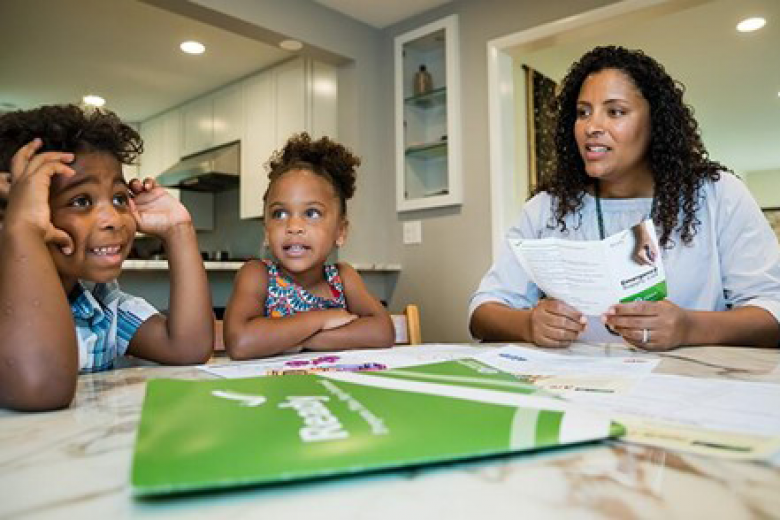Teach youth about preparedness
As you plan ahead for an emergency, it is important that you discuss potential hazards with your children. Make sure they understand what might happen and what their job is during an emergency.
Here's a website that offers family friendly games and children’s activities.
Emergencies are scary situations, but if you talk about them beforehand, your kids may stay much calmer.
What might happen
• Talk to your kids about what types of emergencies might happen in your area;
• Establish a family emergency meeting place, and ensure your kids know exactly where it is;
• Talk about what might happen if they are in school or away from home;
• Discuss the differences in what they need to do depending on the different emergencies.
Make a plan
• Develop your evacuation procedure as a family so your children understand where you are going and why;
• Develop a communications procedure as a family by writing down all the phone numbers you and your kids would need, as well as how to get in touch with each other if you are separated. Identify trusted people to assist your children until your family reconnects;
• Let your kids be involved in every part of the process of planning.
Get a kit
• Put your emergency kits together as a family;
• Make it fun. Create a list together, then have a scavenger hunt to gather supplies for the kit;
• Discuss why it is important to have each item in the kit;
• Include toys and activities in your kit.
Practice
• Practice monthly what you might do as a family in different emergency situations so children do not forget;
• Let your kids ask questions and give their opinions regarding your plan’s effectiveness;
• The more they talk about it, the more likely they will be ready when something happens, and the more comfortable they will feel.
Prepare the family
It’s up to you. Prepare strong. Get an emergency kit with enough supplies for at least three days, make an emergency plan with your family, and be informed about what might happen.
